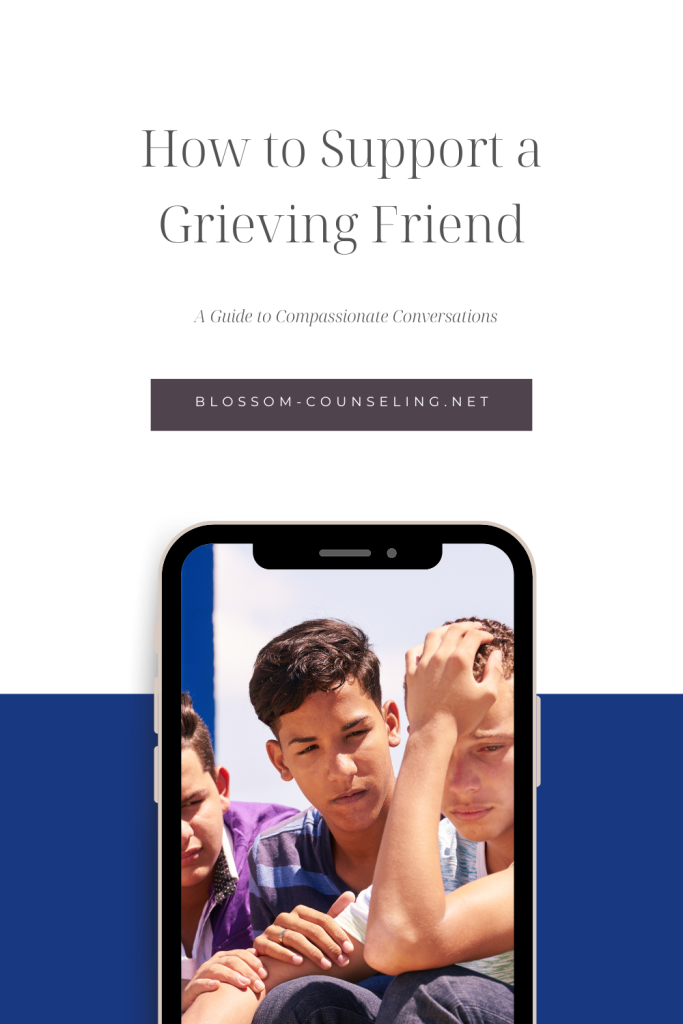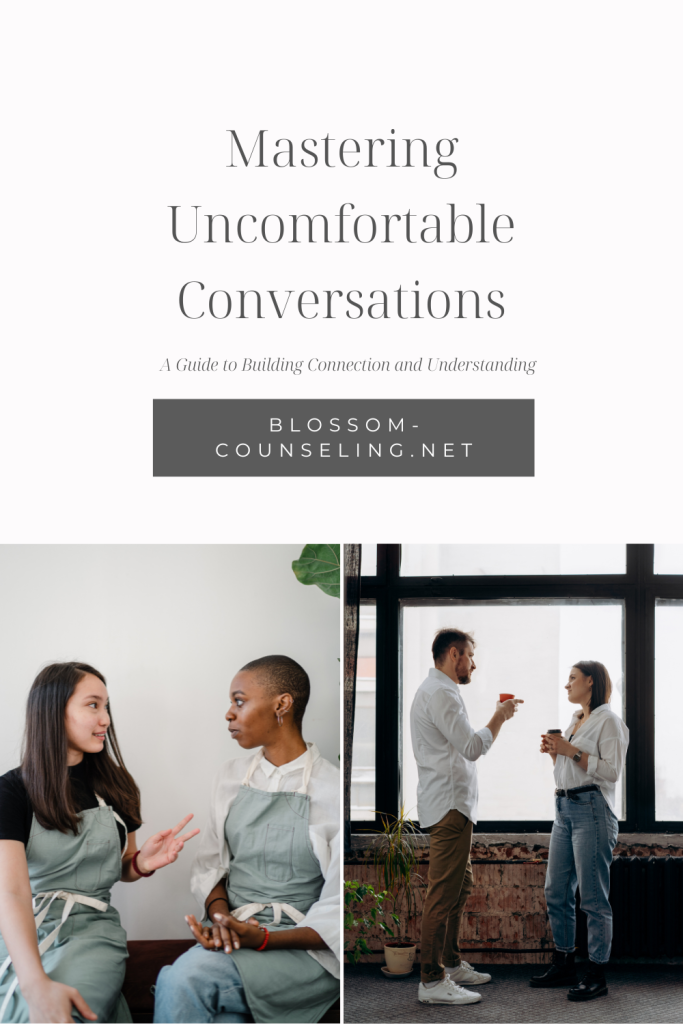 Have you ever said “yes” when everything in you wanted to say “no”? Or found yourself doing everything for everyone else while your own needs quietly slipped to the back of the line? If that sounds familiar, you might be struggling with self-abandonment. It’s one of those sneaky habits that can look like kindness or being “easygoing,” but over time it leaves you feeling drained, disconnected, and unsure of who you are.
Have you ever said “yes” when everything in you wanted to say “no”? Or found yourself doing everything for everyone else while your own needs quietly slipped to the back of the line? If that sounds familiar, you might be struggling with self-abandonment. It’s one of those sneaky habits that can look like kindness or being “easygoing,” but over time it leaves you feeling drained, disconnected, and unsure of who you are.
What Is Self-Abandonment?
Self-abandonment happens when you keep putting other people’s needs, opinions, or comfort ahead of your own. It’s the quiet way we drift away from our true selves—our feelings, values, and boundaries. Eventually, you might notice a sense of emptiness or start questioning your worth because you’ve lost touch with what actually makes you feel okay.
Here’s how it often shows up:
- You dismiss your emotions. You tell yourself it’s “not a big deal” or push feelings aside to keep the peace.
- You apologize too much. Even when you didn’t do anything wrong, you say sorry to avoid conflict.
- You ignore your limits. You say yes when you’re exhausted or uncomfortable because you don’t want to disappoint anyone.
- You rely on approval. You feel good only when others do.
Why Do We Abandon Ourselves?
This pattern usually starts long before we realize it. Maybe you were raised to be the “helper” or “peacemaker.” Maybe you learned that being liked kept things calm. Or maybe perfectionism crept in, convincing you that love and acceptance had to be earned.
A few common roots:
- Fear of rejection or conflict. Keeping the peace can feel safer than speaking up.
- Childhood experiences. If your needs were ignored growing up, you might have learned to hide them.
- Perfectionism and people-pleasing. Trying to be everything for everyone often leads to forgetting yourself.
- Societal pressure. We’re taught that selflessness is noble and that putting ourselves first is selfish.
The Cost of Self-Abandonment
On the outside, it might look like you have it all together. On the inside, it feels like burnout, resentment, or a quiet ache you can’t quite name. When we keep choosing others over ourselves, the message becomes, “My needs don’t matter.” But your needs do matter.
How to Start Reconnecting with Yourself
- Pay attention to your emotions. They’re not a nuisance; they’re your guide. Ask yourself, “What am I feeling right now, and what is it telling me?”
- Revisit your boundaries. Boundaries aren’t walls. They’re reminders of what you need to stay grounded. Start by saying “no” when you mean it.
- Question the old stories. Notice when guilt or fear pops up and gently challenge it. You’re allowed to take care of yourself.
- Practice self-compassion. You wouldn’t tell a friend to ignore their feelings. Offer yourself the same grace.
- Reconnect with what lights you up. Spend time doing things that make you feel alive, safe, and at peace.
Coming Home to Yourself
Reconnecting with yourself isn’t selfish—it’s healing. When you stop abandoning your own needs, you start showing up in your life with more energy, honesty, and peace. You become your own safe place. And from there, every relationship you have gets stronger because you’re finally showing up as your whole, authentic self.
You deserve that kind of relationship with yourself. And it’s never too late to begin again.
Hi, I’m Megan! I’m a licensed professional counselor who helps kids, young adults, and adults find calm, confidence, and balance when life feels overwhelming. My approach to therapy is real, compassionate, and focused on helping you feel more grounded in your everyday life.
I get that anxiety and stress can show up in a hundred different ways—racing thoughts, tight shoulders, restless nights, or just feeling stuck. Together, we’ll slow things down, untangle what’s been weighing on you, and build tools that actually work for your life. Therapy with me is about feeling heard, supported, and capable of handling whatever comes next.
When I’m not in session, you can find me with an audiobook playing, spending time with friends, or watching a good show with my husband. If you’re ready to make life feel a little lighter and a lot more manageable, I’d love to work with you.




